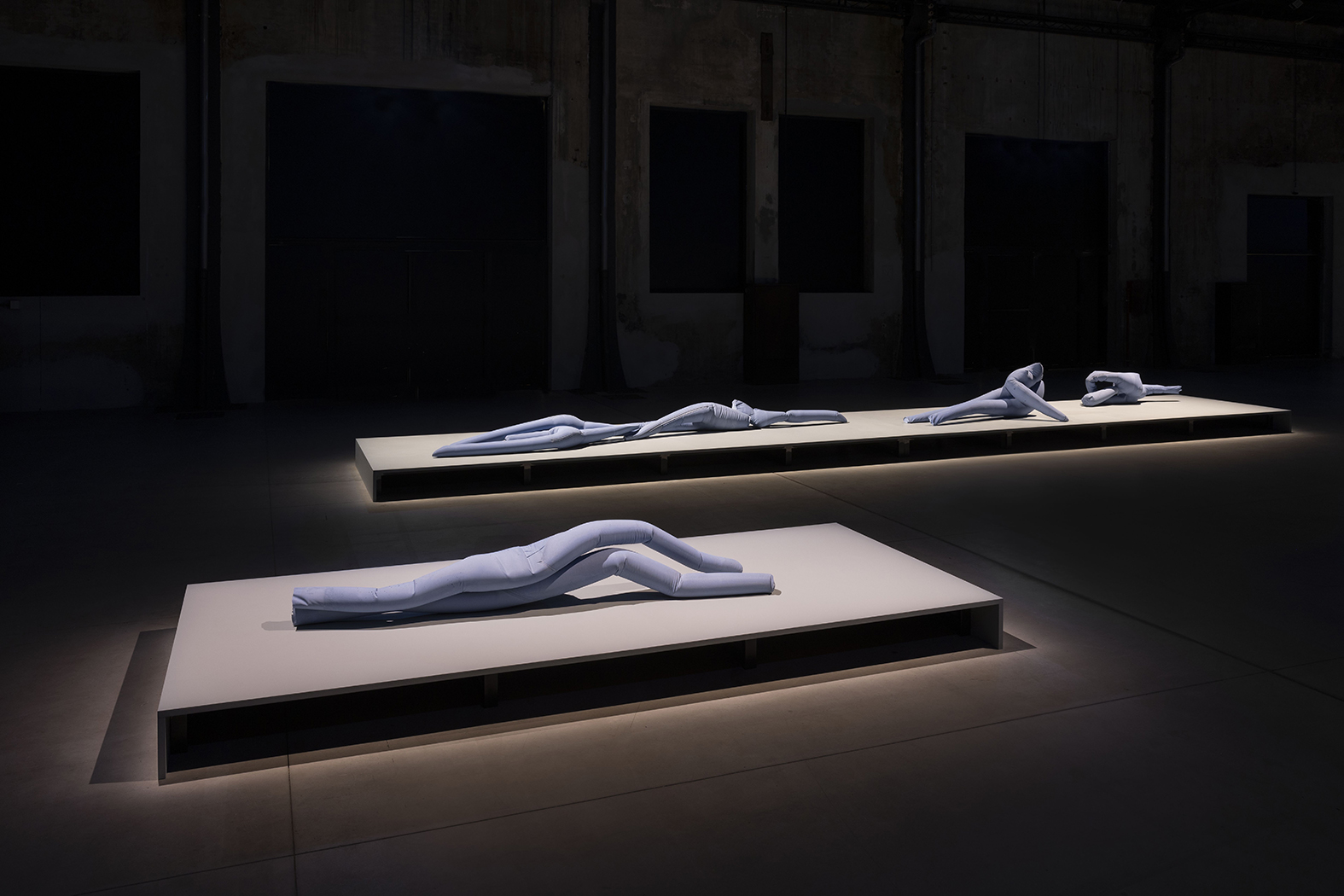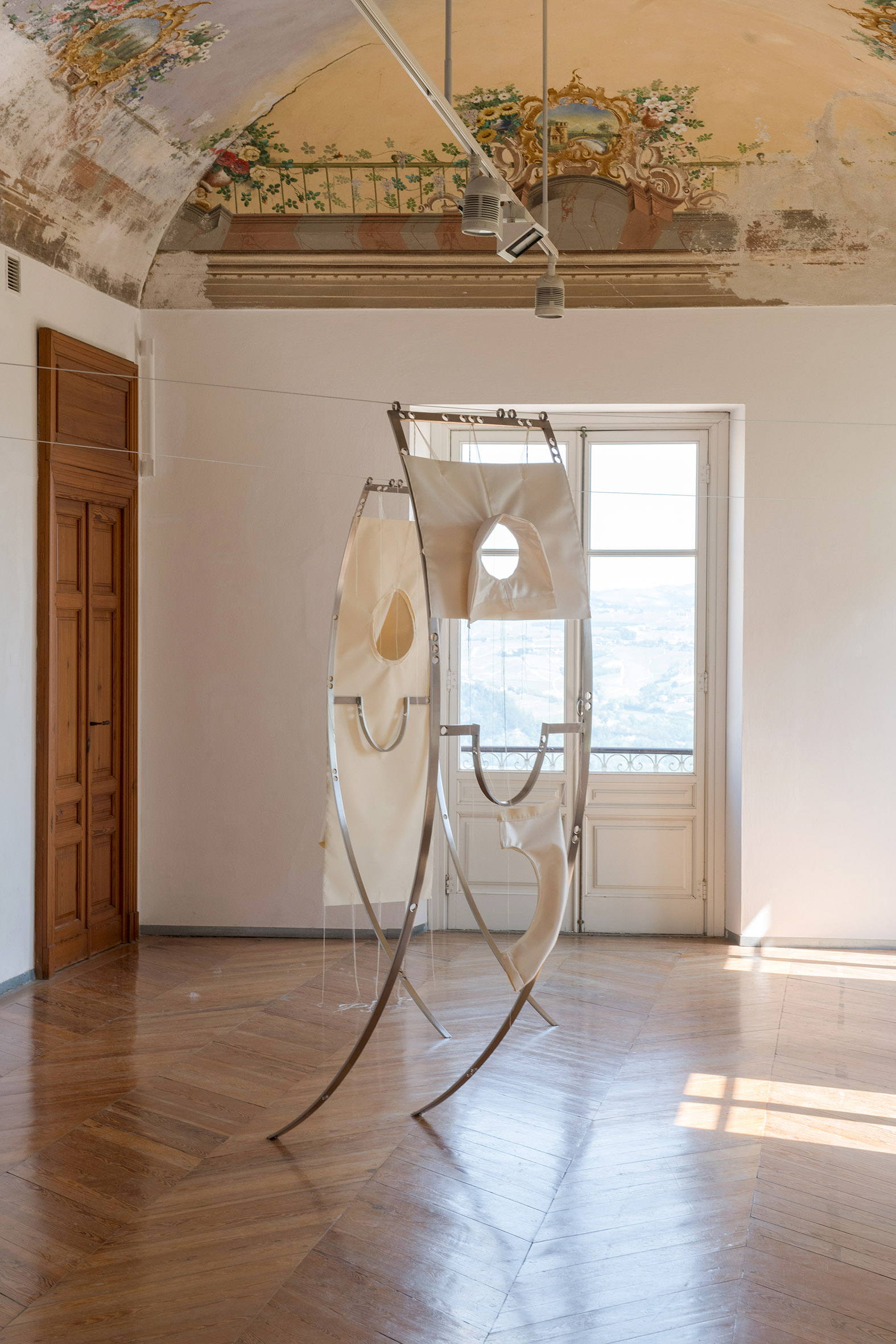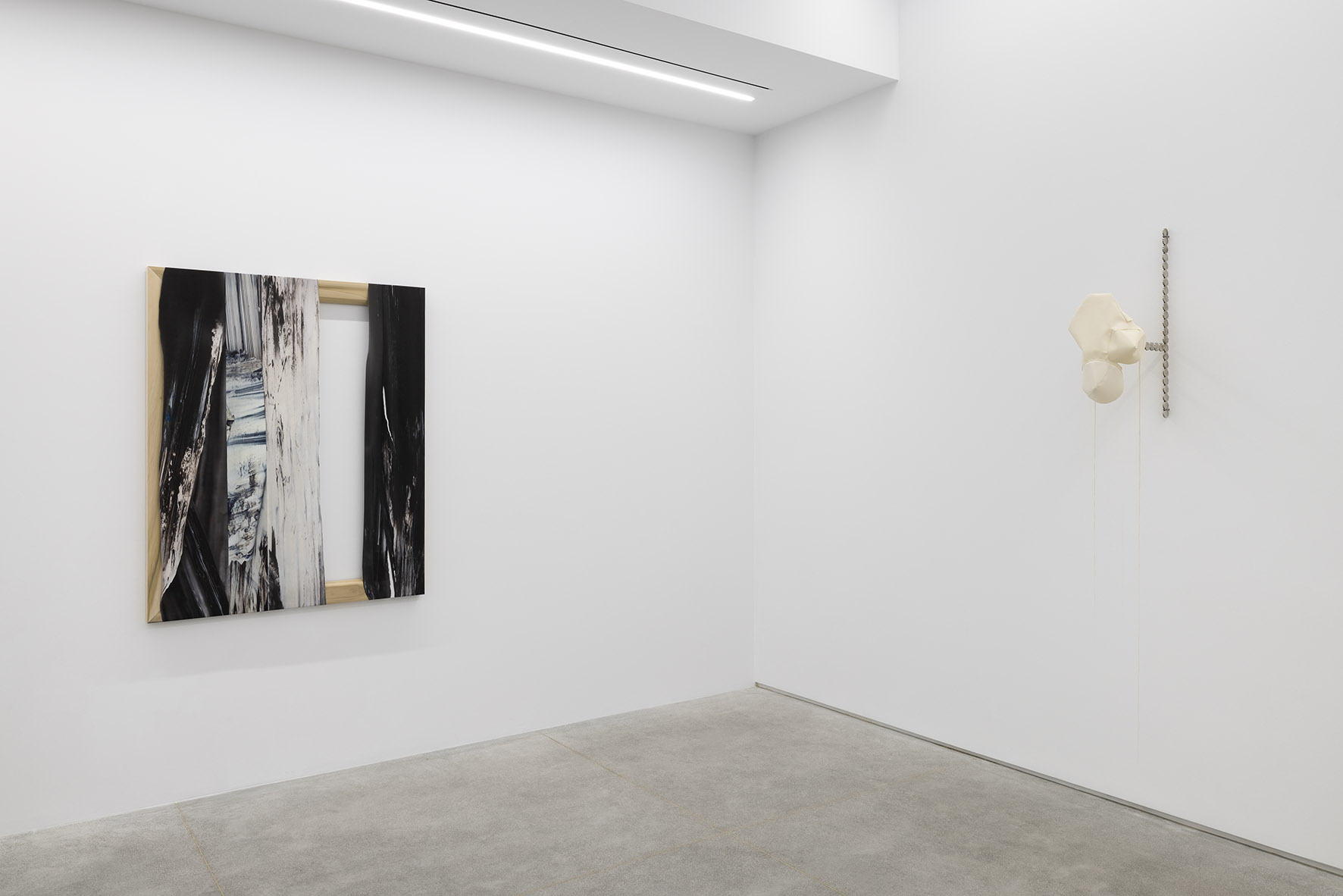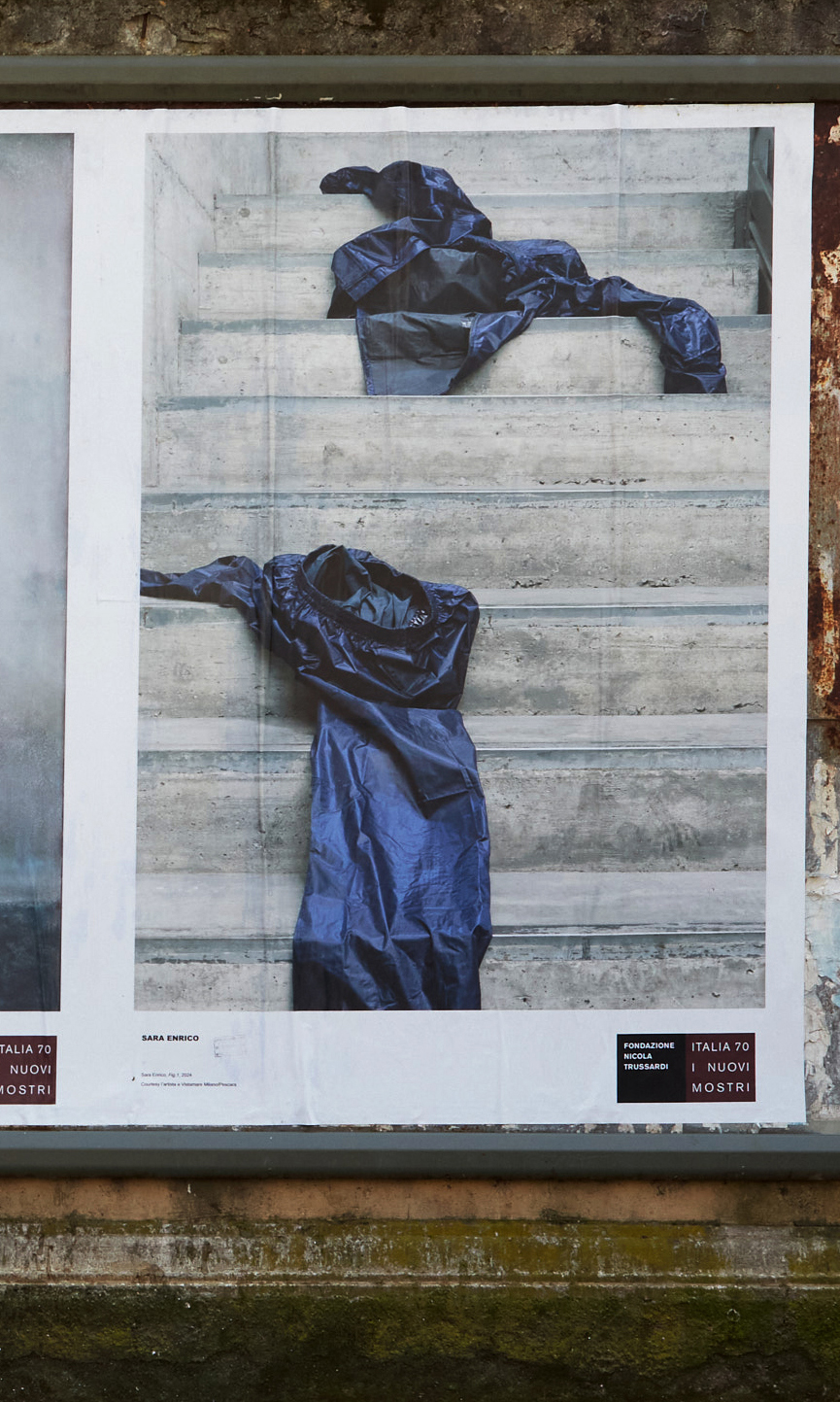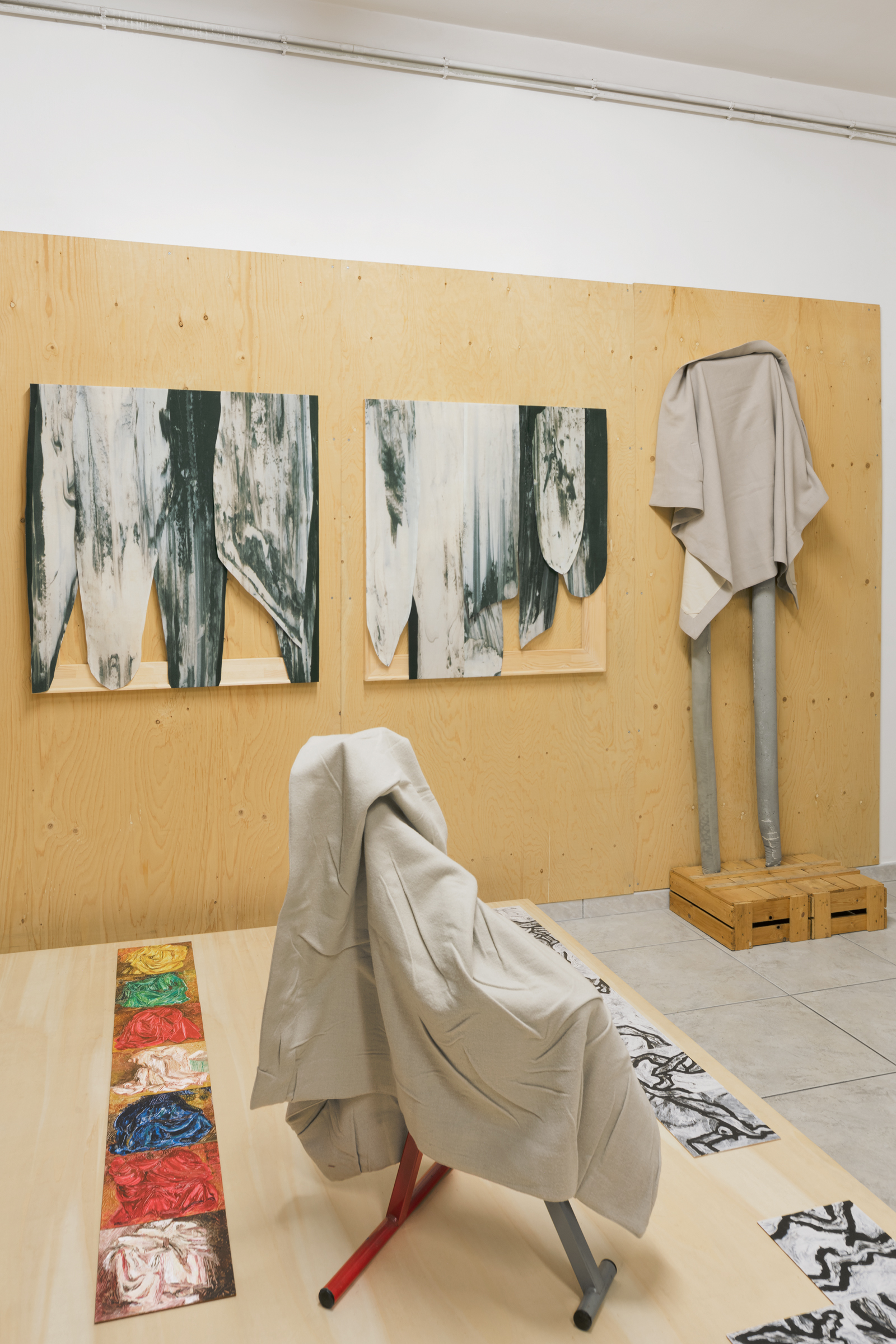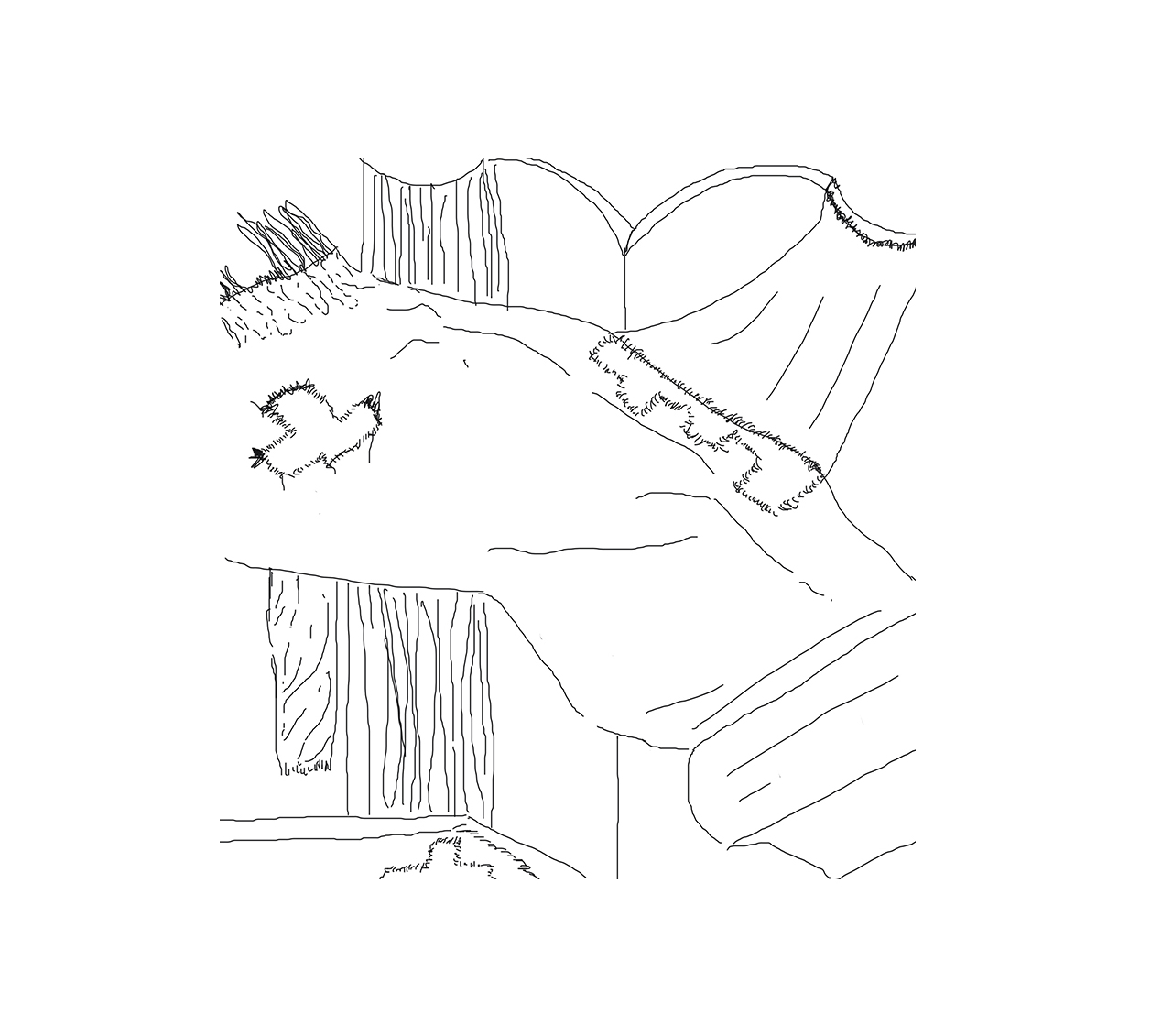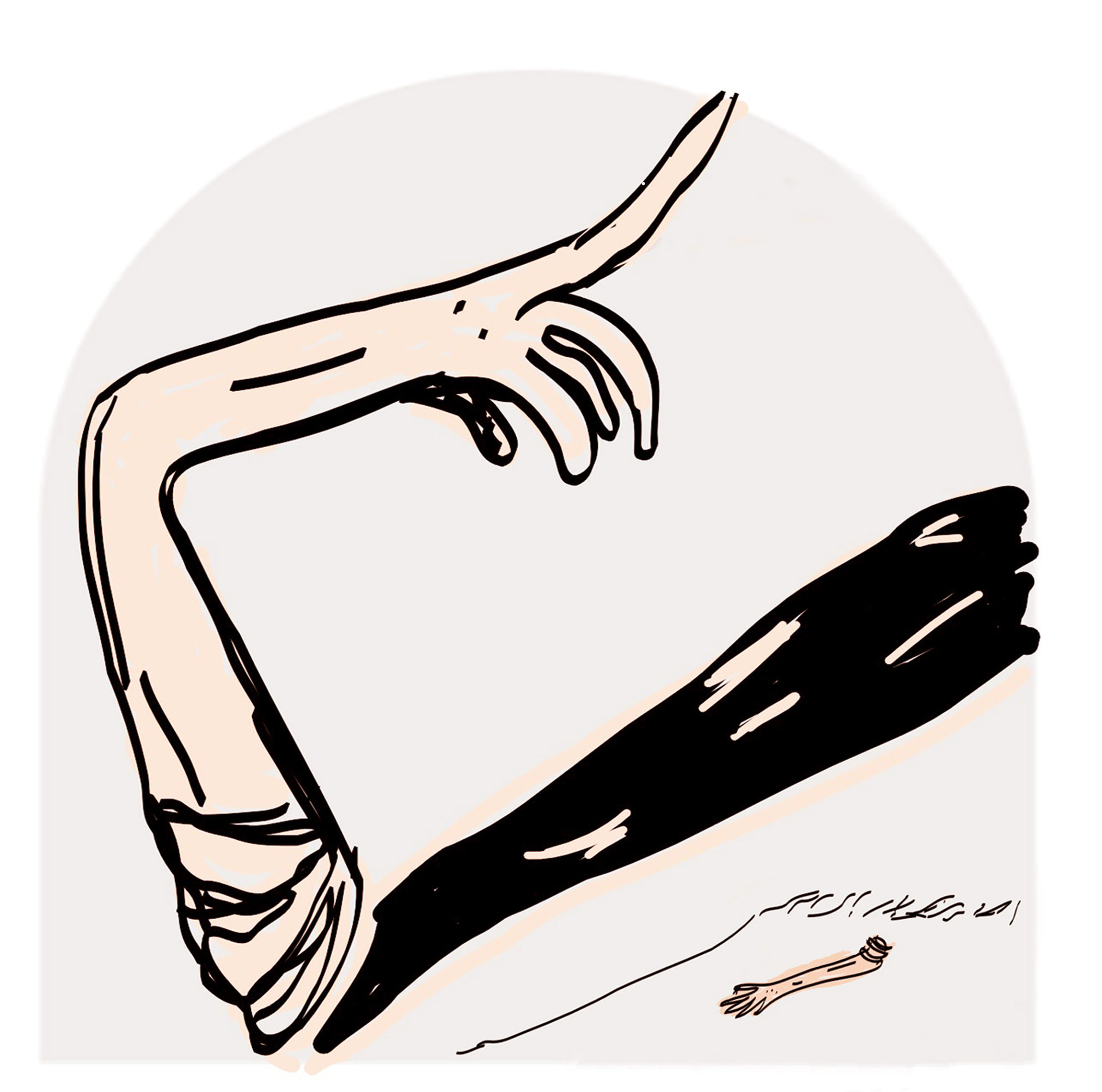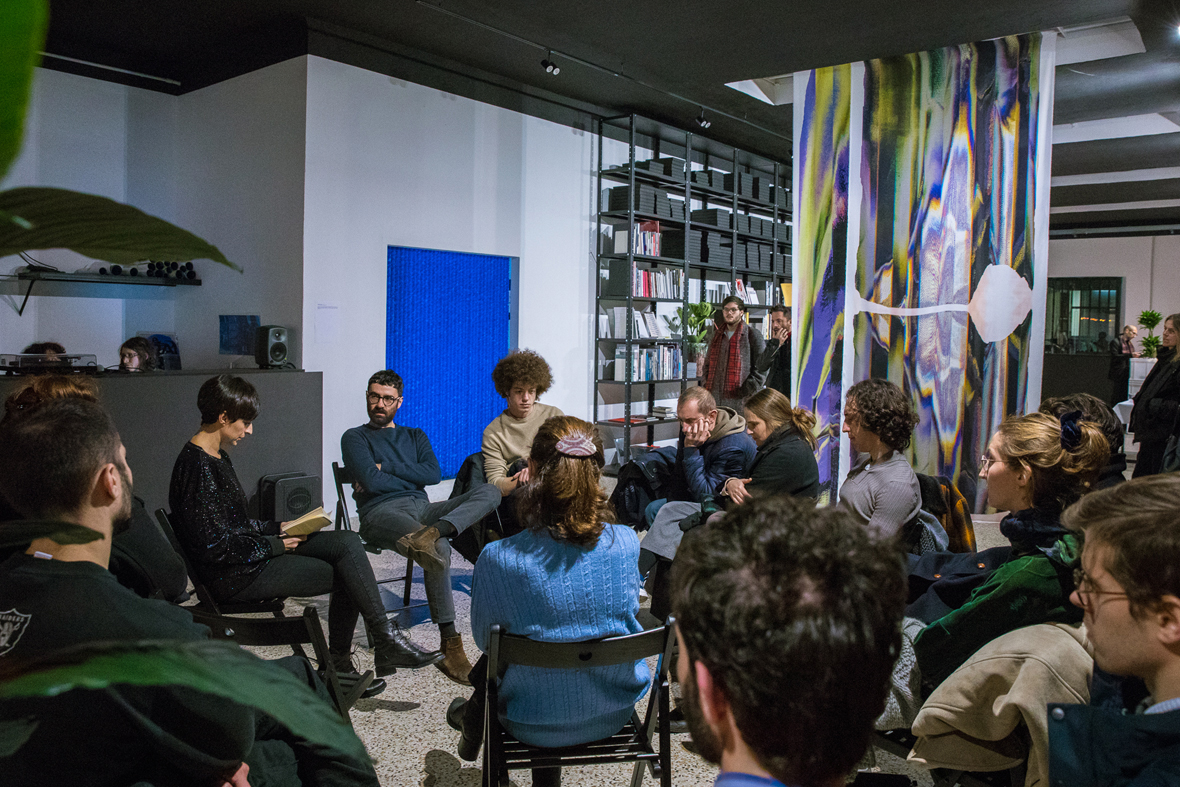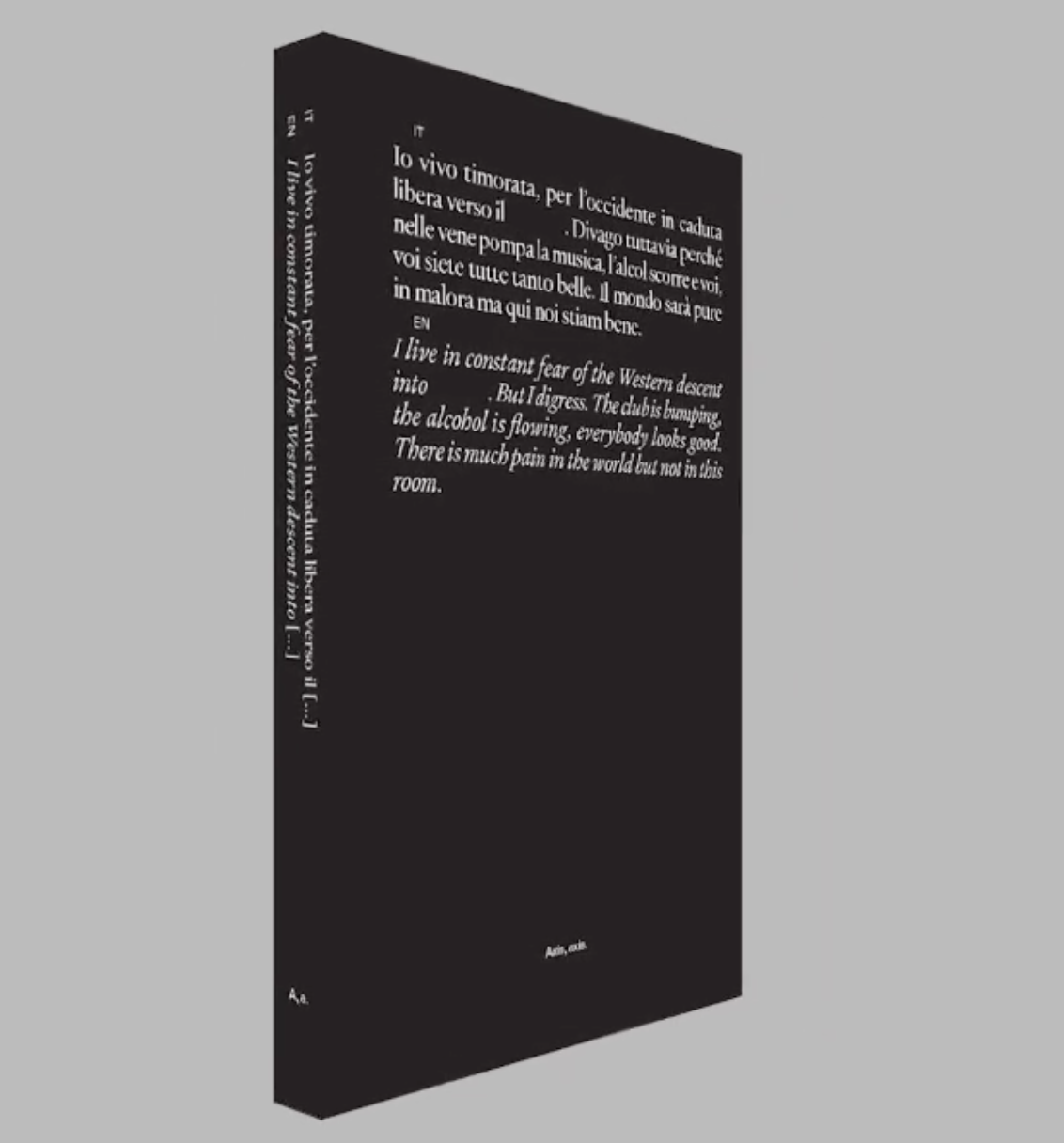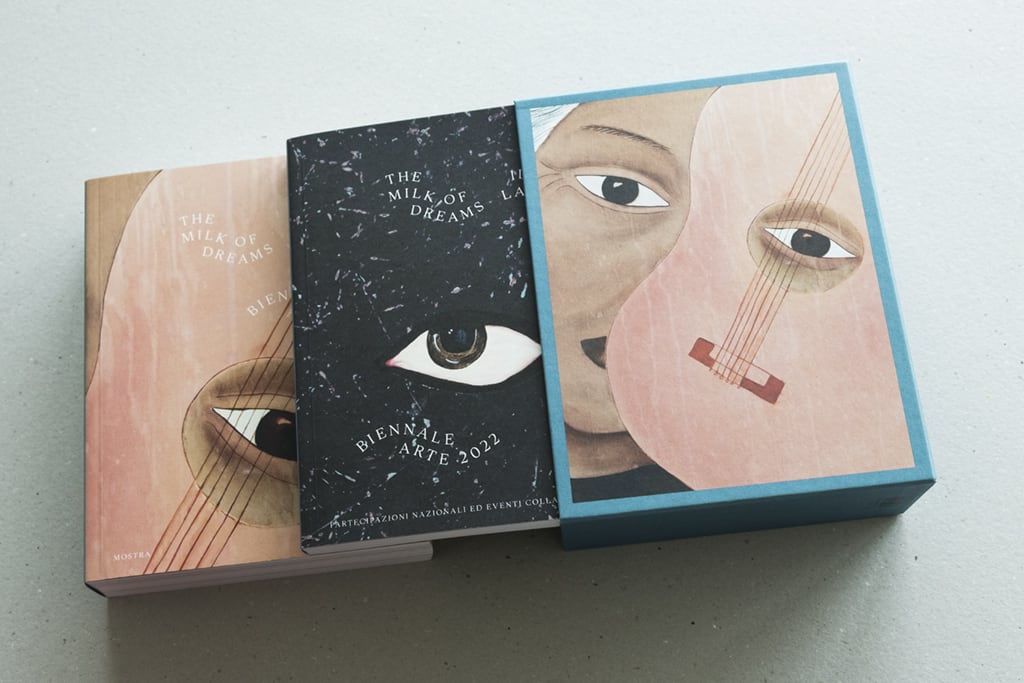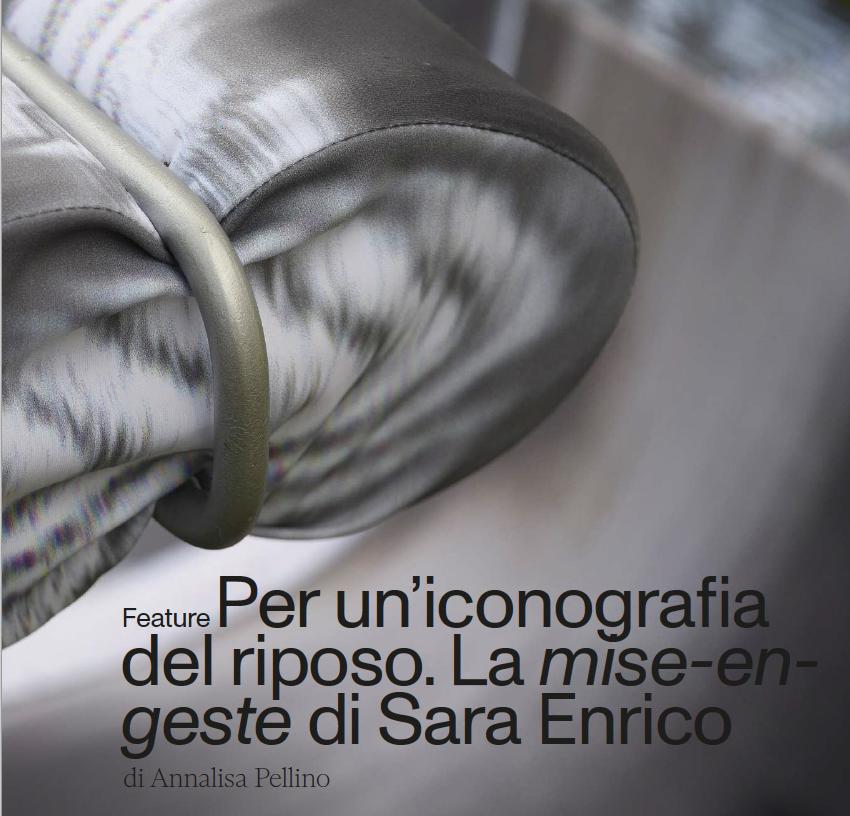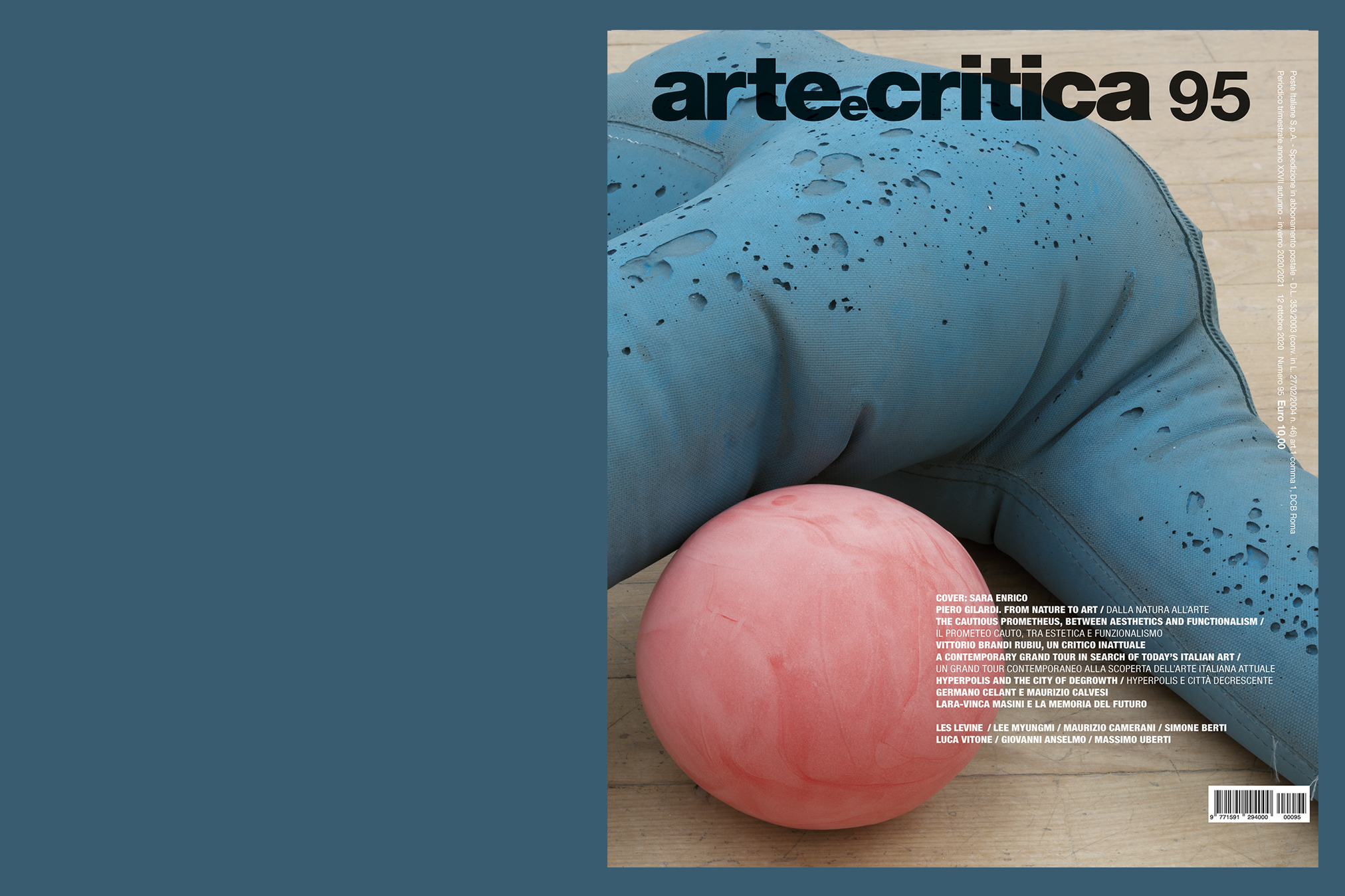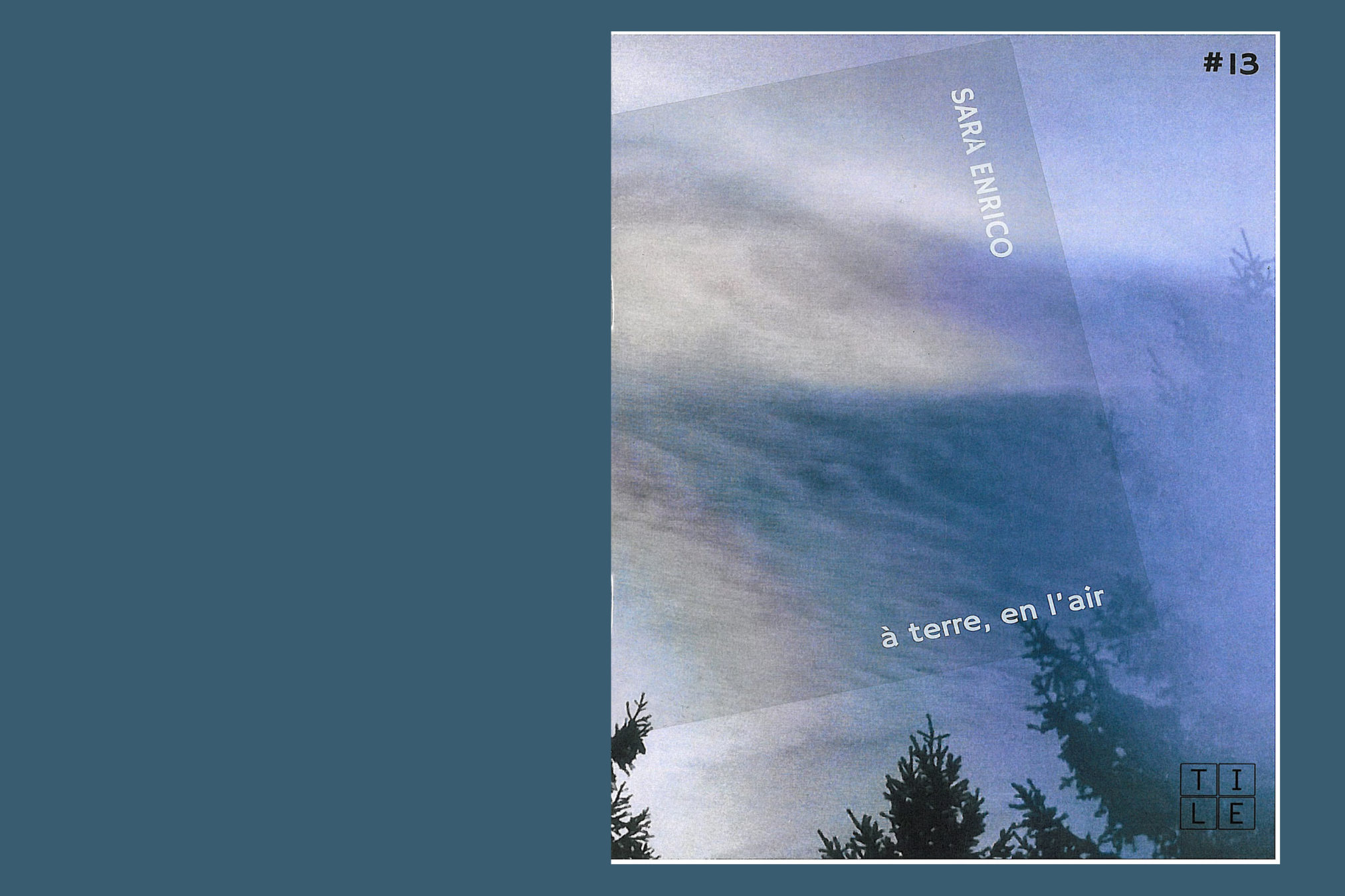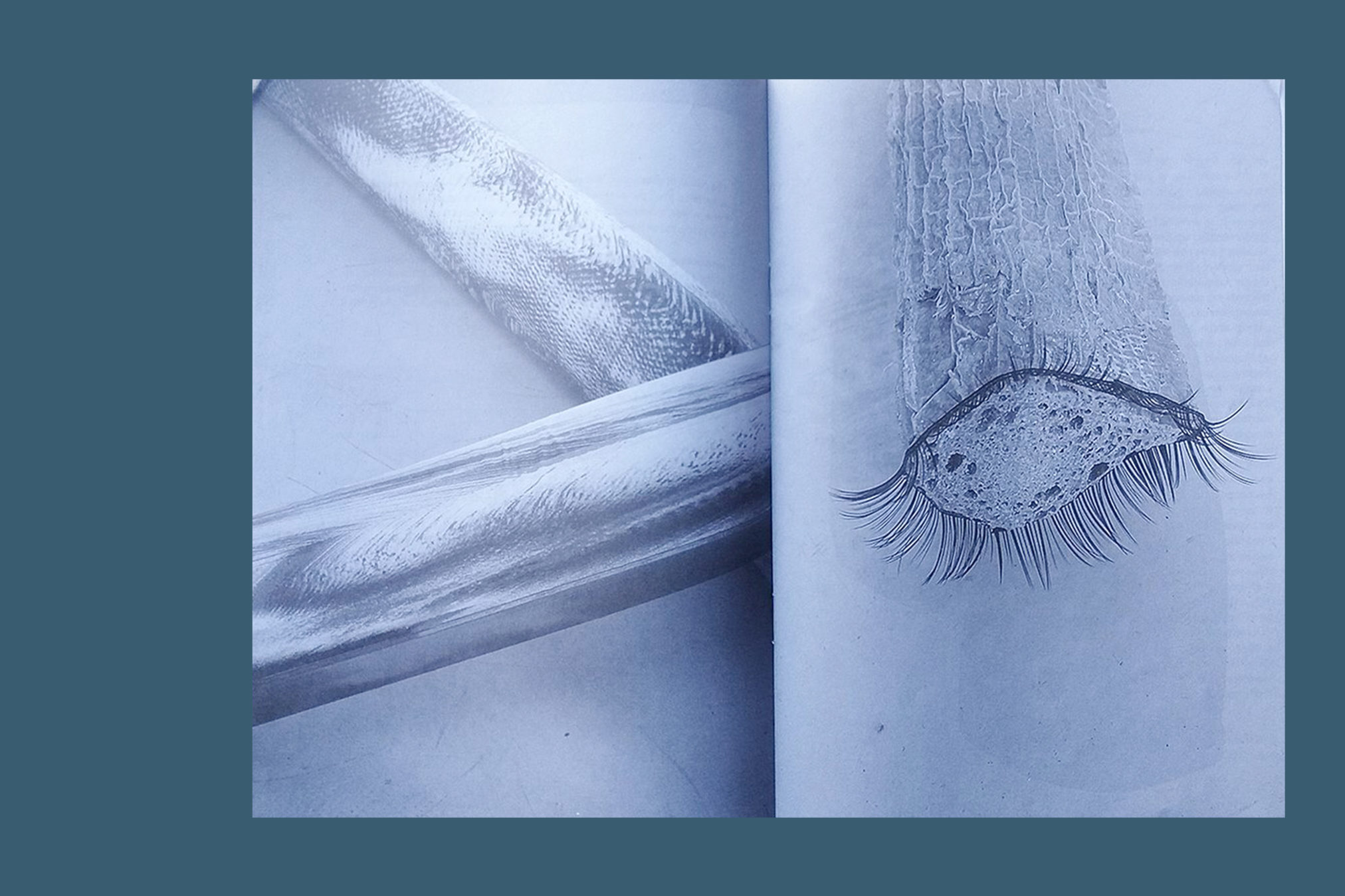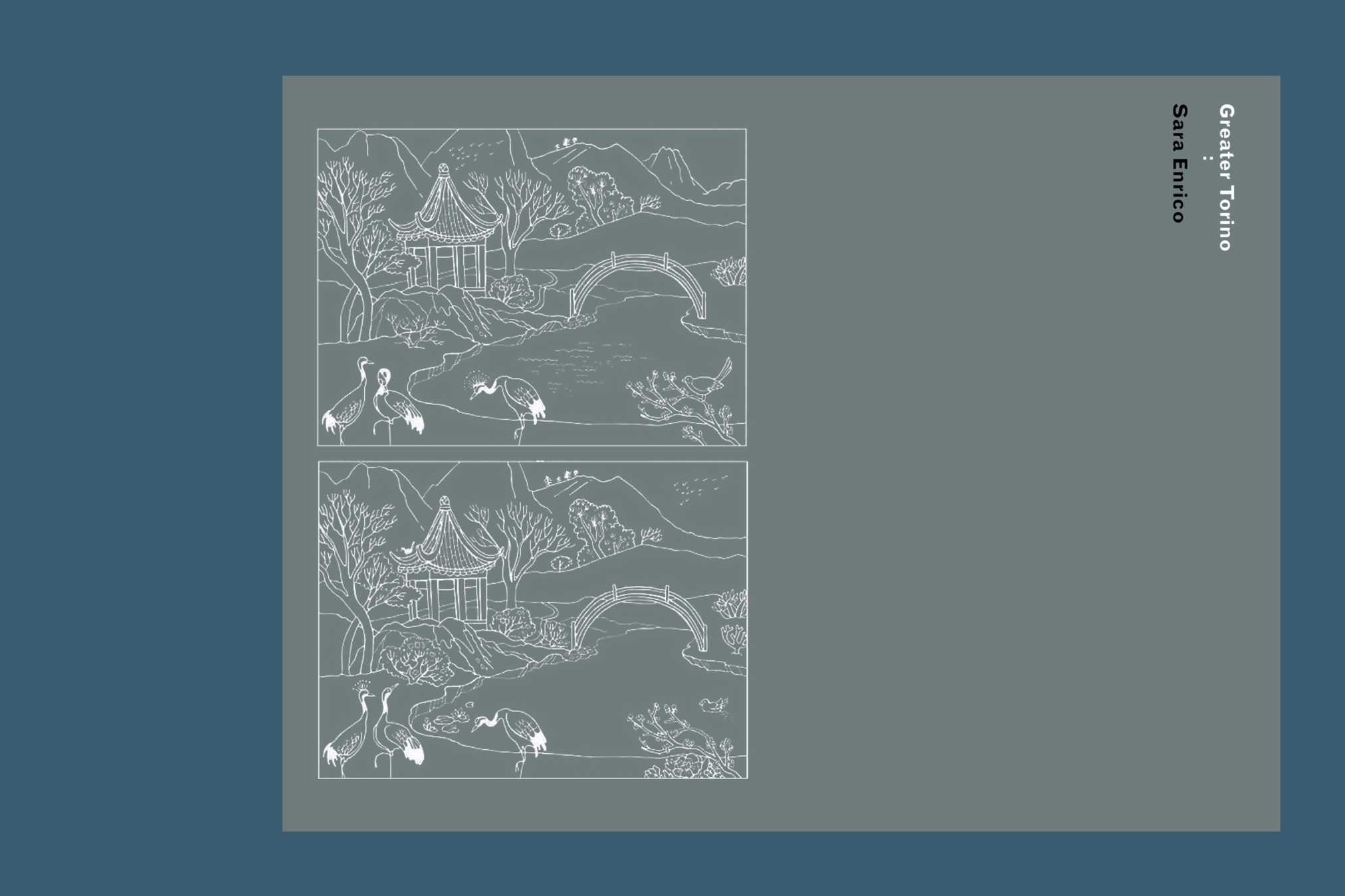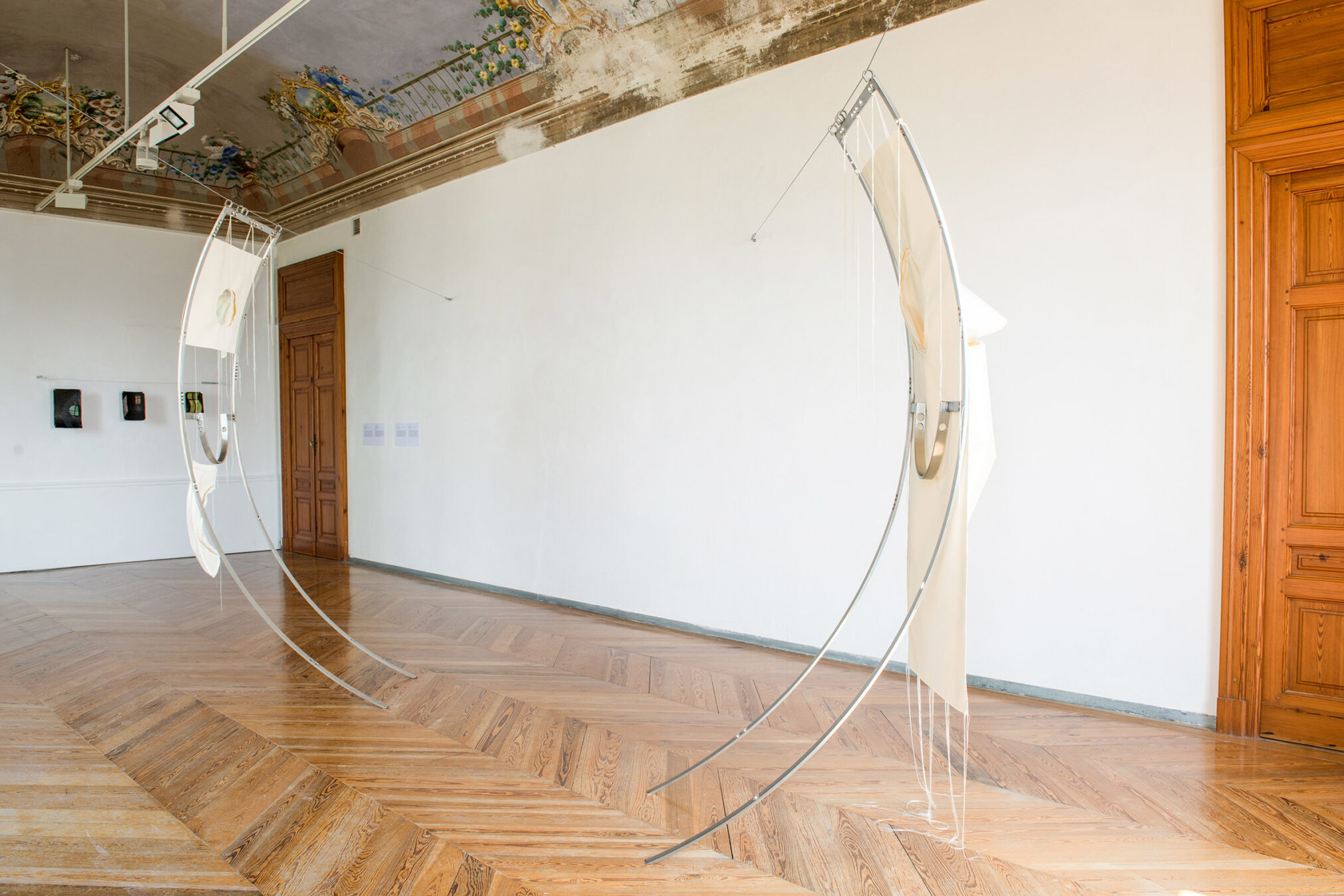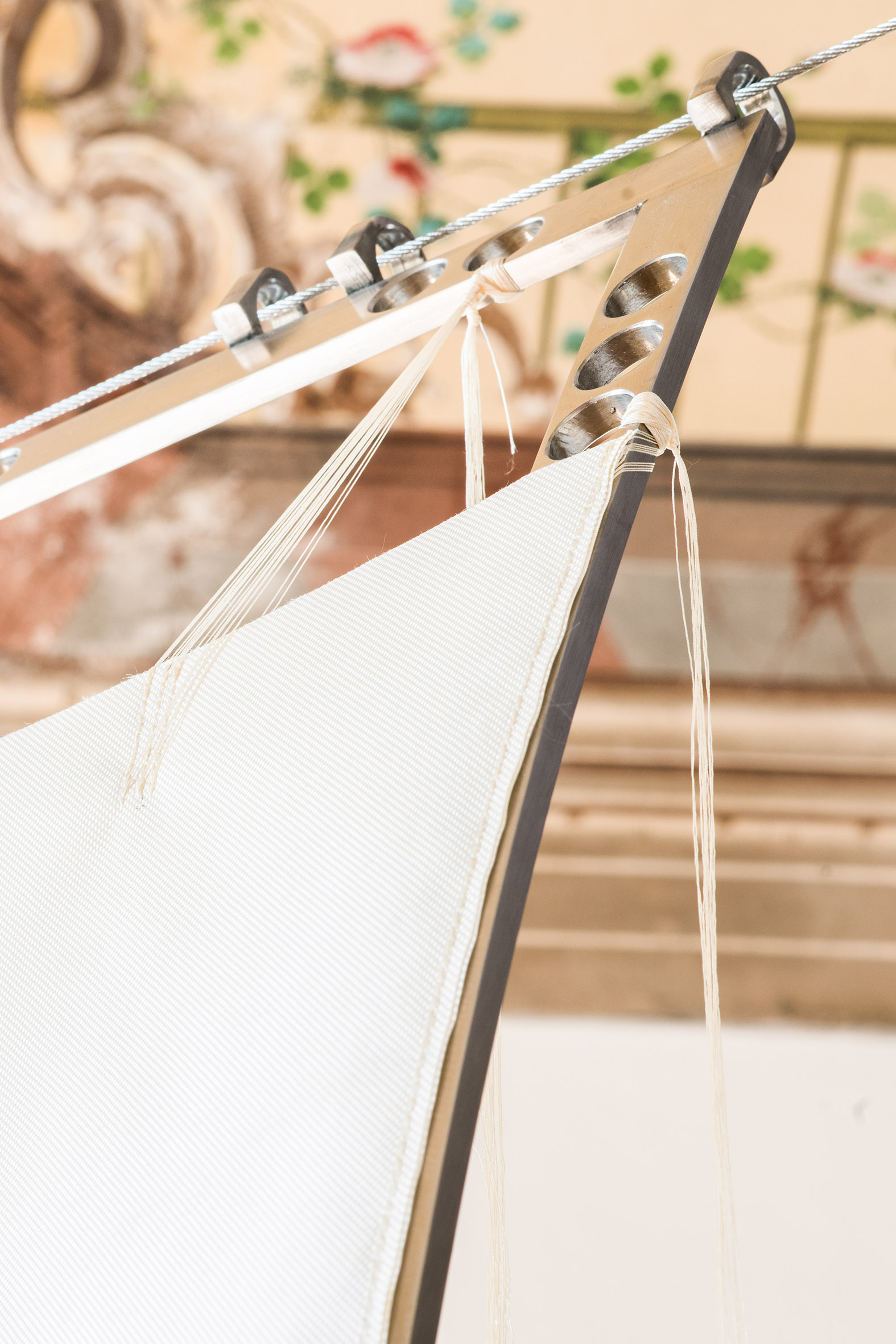When thinking of ‘political time’, what often comes to mind is a momentary convergence of bodies in a specific space: rallies, protests, uprisings, with stillness and quietude rarely treated as part of the same cycle. The latter states are often regarded as individualistic retreats from ‘politics’, when in fact they allow for various attempts at regrouping and organising. With oppressive power structures having effectively stripped active, assembled bodies of their potency—and even rest itself becoming co-opted to make capitalism more efficient—radical action is left as a hollowed-out site.
I live in constant fear of the Western descent into ———. But I digress. The club is bumping, the alcohol is flowing, everybody looks good. There is much pain in the world but not in this room. is a two-fold manifestation: an exhibition with six Italian artists centred around the re-eroticisation of (political) bodies, and a publication with texts and visual works by six other Italian artists focusing on a revitalisation of language through poetry.
The exhibition is situated within moments of quietude, in the valleys of political time. Embodied by a sense of dormancy, the artists find potentiality in exhaustion and see stillness charged with the prevailing hum of eroticism. They evade framing stillness as rest, refusal or inactivity, instead grounding quietude within the body—be it social, collective, machinic, of images—and envisioning it as a mode of resistance.
A collection of poems, essays, and other textual and visual interventions, the book expands on the revitalisation of language as a method of resistance to constant hegemonic appropriation. The structures of capitalism have reduced language to an exchange of information, stripping it of its affective—and therefore political—power and potential. The contributions to this publication frame poetic language as an “excess” beyond informational circulation and exchange, reinvigorating our social and political imagination.
Enrico Boccioletti considers tenderness and vulnerability between the digital and physical world. His work isolates intimate and accessible actions like stick-and-poke tattooing or a contentious figure dancing in an empty club to expose the soft underbelly of power structures.
Through her anthropomorphic sculptures—concrete limbs and skin-like structures—Sara Enrico locates the potentiality of exhaustion within the body. Although fragmented and unshackled, Enrico’s corporeal figures simultaneously resist coherence and collapse.
Stefano Faoro interacts with social habits formed from the tension between public and private spaces, as well as the peculiarities of daily interpersonal relations and exchange. The subjects of his paintings are evanescent, ghostly remnants of individuals stripped of their context and community, reduced to archetypes.
In her video works, Benedetta Fioravanti drifts through seemingly empty cities, familiar places from which she feels alienated. These works portray an in-between state, a blue hour that could be dusk or dawn, foregrounding both exhaustion and potentiality.
Rebecca Moccia explores the institutional structures that shape our emotive lives. By rendering them in intimate spaces, she underlines the illusion of their authority and exposes their tenuous formations. The specificity of news stories no longer holds, instead collapsing into sensory stillness and ambience.
Valentina Parati gives voice to machinic bodies. She places microphones on the surfaces of cars, surveillance cameras and office furniture and, through audio processing, translates their testimonies into sonic poetic language.
In conjunction with the exhibition, the book published by AXIS AXIS (Turin) will be celebrated with a public program on May 26th, at the Fondazione Sandretto Re Rebaudengo in Turin. The launch will feature readings by several of the book’s contributors. Contributors include:
Riccardo Benassi, a video artist and poet whose work defines subjectivity through collective experience in the face of ubiquitous violence.
Giulia Crispiani, a writer who maps romance and embarrassment as vulnerable sites of political potential.
Ilenia Caleo, an artist, poet and activist advocating for the re-eroticisation of globally collective and interconnected bodies through convergence and poetics.
Sandra Cane, a writer investigating how the structures of language form and break down when grounded in the body.
Andrea Lo Giudice, an artist and community organiser whose poetic practice repurposes found language and reclaims authoritarian signage.
Flavia Tritto, a visual artist using concrete poetry to explore how human and non-human bodies converge.
